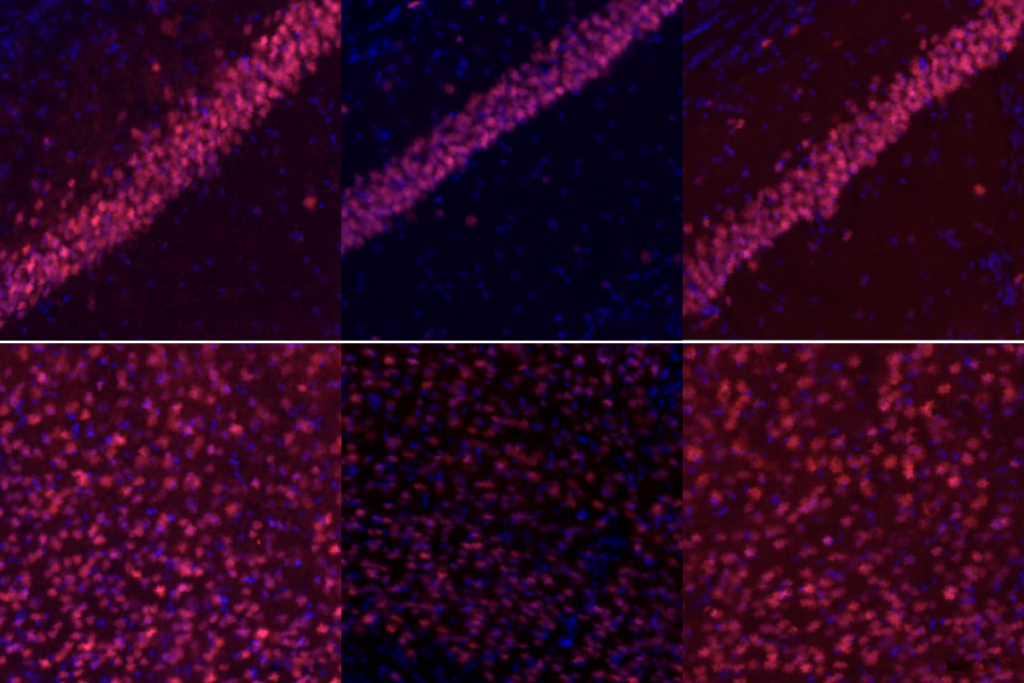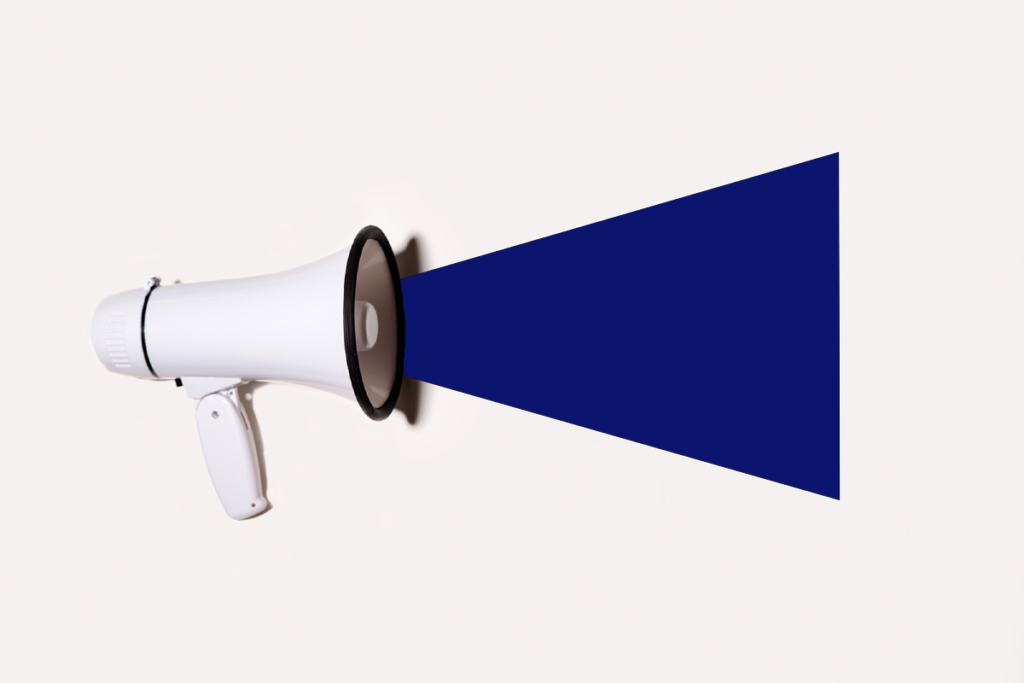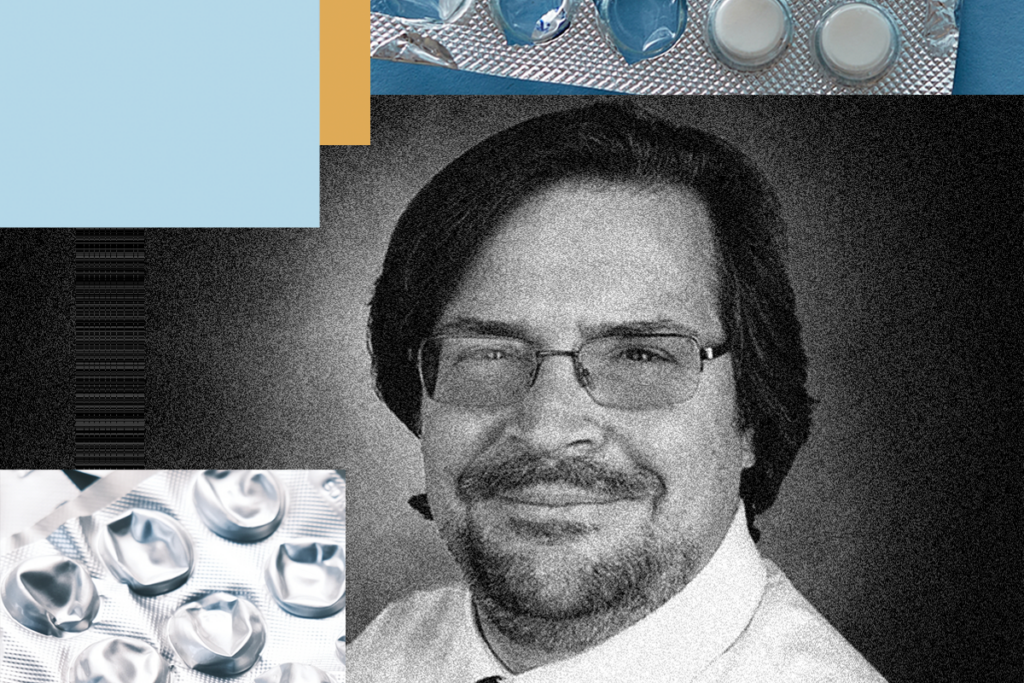On 19 November 2025, the U.S. Centers for Disease Control and Prevention changed language on a “vaccine safety” page on its website to assert that the statement “vaccines do not cause autism” is not evidence based. The updated CDC page now incorrectly suggests that a link between infant vaccination and autism exists, and it casts doubt on a wealth of research that has produced evidence to the contrary.
The updated language contradicts decades of research findings that show vaccines do not cause autism. The move has also prompted backlash from multiple groups, including the Coalition of Autism Scientists and the Autism Science Foundation.
“These sort of claims have been repeatedly debunked by good science and multiple independent replications of negative studies, and for years no scientist has opined that more research is needed,” Eric Fombonne, professor emeritus of psychiatry at Oregon Health & Science University, told The Transmitter.
He noted several problems with the arguments presented on the CDC website, including the citation of “fringe studies executed by uncredentialed authors with poor methodologies and published in low-quality journals.” Fombonne described the authors of the page as having “cherry pick[ed data] … in support of their preconceived beliefs” and mischaracterizing well-conducted and replicated research.
Experts The Transmitter spoke with raised many concerns about the agency’s statements, including how those statements could confuse families and whether they indicate shifts in priorities that threaten solid scientific research. “Families deserve honest answers,” says David Mandell, professor of psychiatry at the University of Pennsylvania and director of the Penn Center for Mental Health.
Here we share a range of perspectives we are actively collecting from researchers in response to the CDC’s website changes this week.
How have these changes altered, or should they alter, scientists’ level of trust in the CDC?
“Apart from this update related to vaccines, I think most of the CDC website information on autism is accurate and helpful. See for example: https://www.cdc.gov/autism/index.html. I hope it won’t change our ability to collaborate with CDC scientists.”
—Maureen Durkin, professor of population health sciences and pediatrics, University of Wisconsin-Madison School of Medicine and Public Health
“The CDC was a trusted institution up to this year. With RFK [Robert F. Kennedy Jr.] at the helm, it has now lost its credibility. Of those CDC employees and scientists who have not been fired and remain there, many are trustworthy and excellent scientists with whom I would still collaborate happily, provided that they remain free of any interference by the new CDC ‘leadership.’ … Whatever I do is based on data, and the data I use and the way I analyze them are public and for the public interest, and I will continue to share those with anyone who wants. By contrast, I will not trust any data or finding from CDC unless the analyses are prespecified officially and data are released in their entirety, together with the analytical plan and codes that led to any claim they might make.”
—Eric Fombonne, professor emeritus of psychiatry, Oregon Health & Science University
“I think it’s prudent to be more skeptical of CDC as a source going forward. But there are still good people at the CDC.”
—Anders Hviid, professor of epidemiology research, Statens Serum Institut
“It’s very clear that we can’t trust the public information that CDC puts out, even though we know that there are highly qualified career scientists who continue to work there.”
—David Mandell, professor of psychiatry, University of Pennsylvania and director, Penn Center for Mental Health
How can scientists still provide accurate information to the public?
“We’re fortunate that professional organizations such as the American Academy of Pediatrics are here to provide reliable child vaccine guidance and recommendations for families and health-care providers. Health insurance coverage of vaccines increasingly follows such recommendations.”
—Maureen Durkin
“In these times, it’s especially important that scientists actively engage with the public on these topics on social media and are ready if called upon by mainstream media to comment as an expert.”
—Anders Hviid
“Several private organizations—some long-standing, like the Autism Science Foundation; others newly formed, like the Coalition of Autism Scientists—are racing to try to fill this role when it comes to autism. Organizations like the American Academy of Pediatrics are trying to put out evidence-based information about things like vaccine schedules. And many states are collaborating to ensure that their citizens get accurate health information. … This type of pronouncement from the CDC confirms all the fears that families had when RFK announced that he was creating an autism registry. It’s clear that the purpose of his initiatives is to create “evidence” for his pet theories, rather than to conduct rigorous science.”
—David Mandell
Might these changes herald other problems?
“The new web page also re-centers concerns on aluminum adjuvants, an issue with ongoing litigation where the involvement of RFK and others as plaintiffs create a conflict of interest that is hidden from the public eye. This should be challenged up front. Unfortunately, one can expect, in the near future, more unreliable statements coming from the junta that took over the CDC. RFK has recruited rogue investigators (David Geier, a discredited anti-vaxxer with zero scientific expertise) to manipulate databases curated by CDC. Past experience suggests that they will “find” data to argue again for a form of vaccine-induced autism. I am particularly concerned with their targeting of minority groups, as indirectly alluded to in their emphasis on the hepatitis B study and the purported increased risk in minority male neonates. This echoes past gesticulations of [Andrew] Wakefield arguing that minority groups may be more vulnerable to vaccine exposure (as he argued in his film about African-American children, or when he tried to incite vaccine reluctance in Laos communities in Michigan). More unscientific claims are coming.”
–Eric Fombonne
“I suspect this CDC statement is in anticipation of an announcement of new findings from data mining carried out by [David Geier] and his colleagues,” who are known to hold anti-vaccine beliefs.
—Helen Tager-Flusberg, professor emerita of psychological and brain sciences at Boston University, in a prepared statement for the Coalition of Autism Scientists
“I expect this line of misinformation to continue, and we should all be watchful and attempt to counter misinformation with evidence.”
—Anders Hviid






